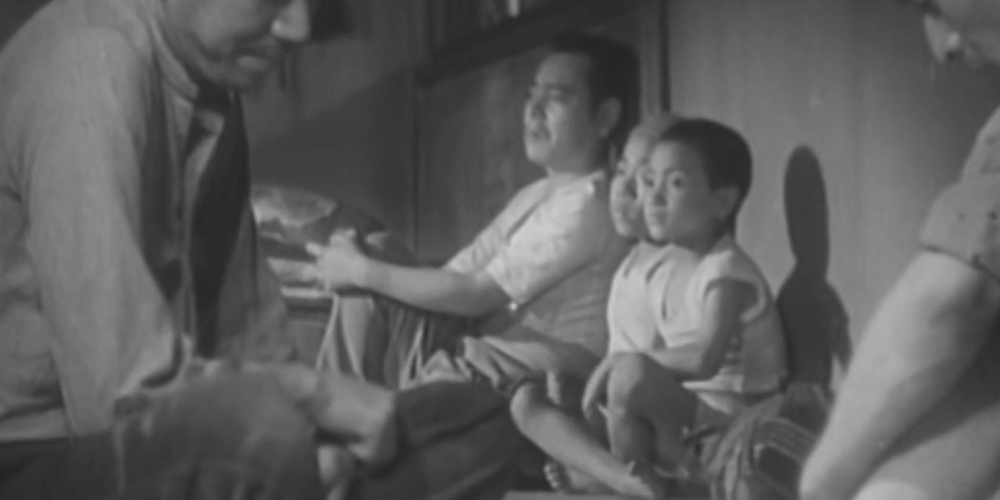One of the silent masterpieces of the Japanese master Asujirō Ozu.
Proof of the purity of the moving image, its balance and ability to strand alone detached from sound and speak universally to everybody. This made cinema an unique art-form on a different plane than the stage, before the sound came in.
As is often the case with Ozu’s films who is the director of Tokyo Story (inspired by Make Way for Tomorrow -1937), a synopsis of the action suggests melodrama, but the visual and humane treatment that Ozu applies achieves a very different result.
The film focuses on a homeless family, an unemployed single father and his two small sons, at a time of national economic crisis. (In due course, his becomes an extended family as it unites with another homeless pair, a mother and her daughter.)

